Beginner’s Guide to Blockchain
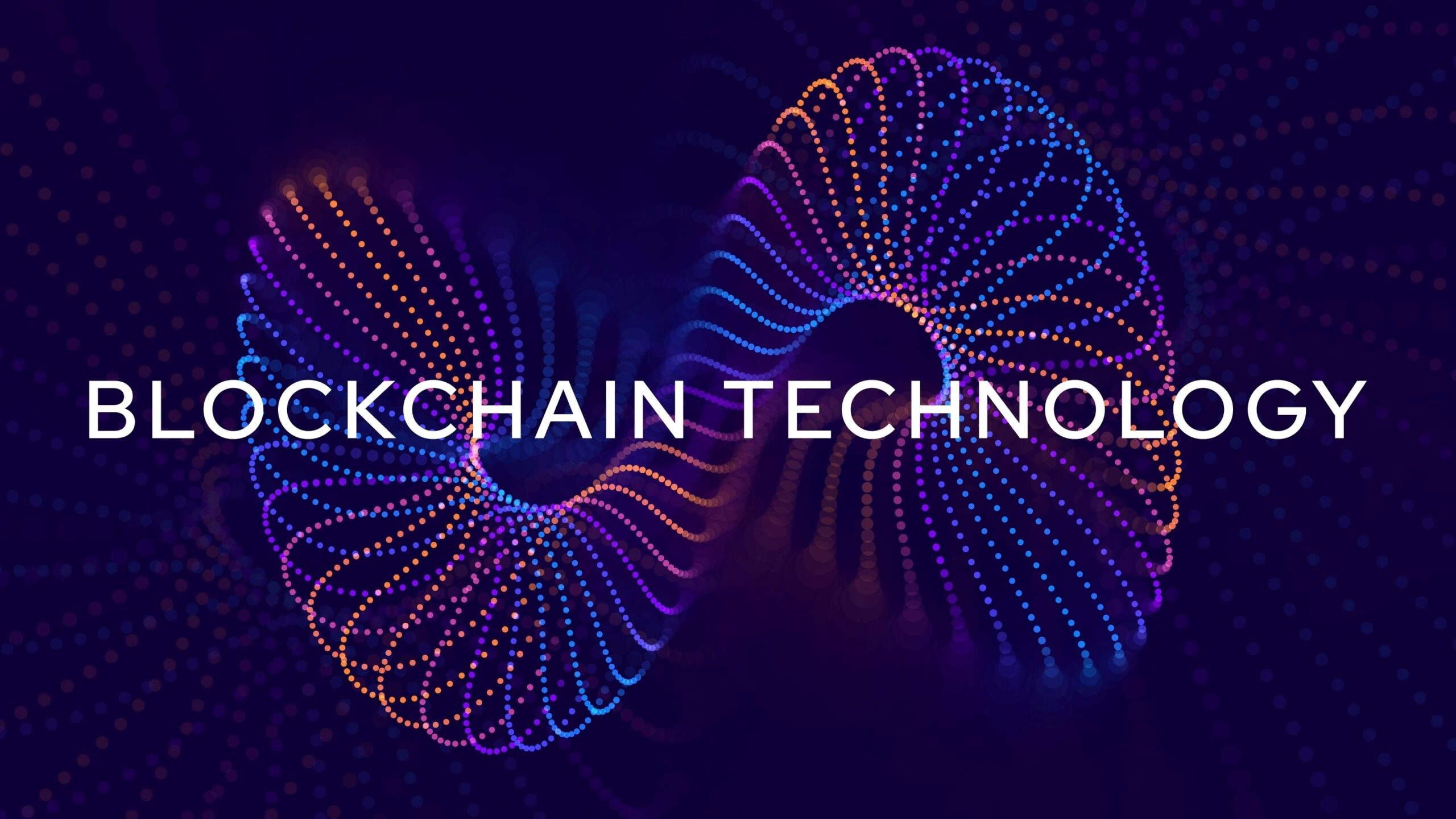
Feeling overwhelmed by all the buzz around blockchain? Trust me, I’ve been there. All the technical jargon and hype can make it feel like a riddle wrapped in code. But what if understanding blockchain was easier than it seems? Let’s cut through the confusion together and explore how this technology can actually make a real difference for you.
The Confusion Surrounding Blockchain
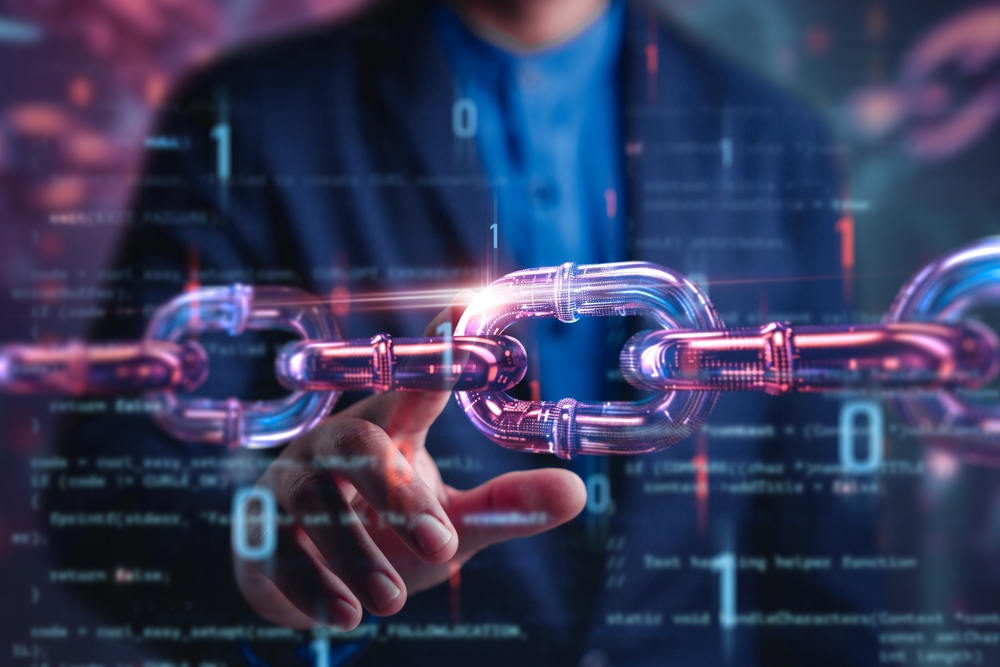
Let’s be honest—stepping into the blockchain world can seem like wandering through a labyrinth. There’s so much information out there that knowing where to start is tough.
I’m Here to Simplify It for You
No need to feel lost. I’ve stood in your shoes, scratching my head at all the complexity. My goal is to break down blockchain into simple, easy-to-grasp concepts so you can feel confident exploring this new frontier.
Why You Should Care About Blockchain
Blockchain isn’t just a buzzword—it’s revolutionizing how we handle transactions, secure data, and build decentralized networks. Whether you’re curious about cryptocurrencies or looking to innovate in your field, understanding blockchain is a game-changer.
So, ready to see how this technology can make a real difference for you?
What Exactly Is Blockchain?
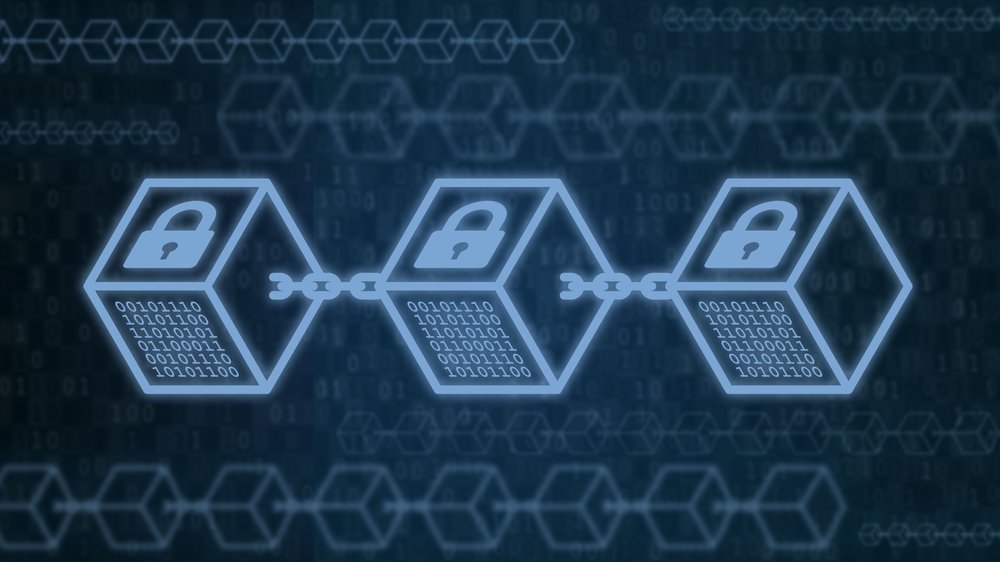
When I first stumbled upon the concept of blockchain, it felt like deciphering a secret code. But as I began to understand it, I realized it’s not as intimidating as it sounds. Simply put, blockchain is a digital ledger that records transactions across a network of computers. The twist? Once a transaction is recorded, it can’t be changed. It’s like writing in pen rather than pencil—permanent and secure.
How Blockchain Works in Simple Terms
Picture a chain made up of blocks—hence the name “blockchain.” Each block contains important information: data, a timestamp, and a unique code called a hash that links it to the previous block. This creates a chronological chain that’s nearly impossible to alter.
Imagine you and your friends are building a tower with blocks, and each block has a special lock that only fits with the block below it. If someone tries to remove or replace a block, the entire tower becomes unstable. That’s how blockchain maintains its integrity—by making every block dependent on the ones before it.
The Importance of Decentralization
One of the game-changing features of blockchain is decentralization. There’s no central authority or single server controlling everything. Instead, the network is distributed across many computers (nodes) around the world. This means there’s no single point of failure, and the system is incredibly resilient.
Think about it like this: rather than keeping your money in one bank that could get robbed or go bankrupt, you keep it in multiple secure locations. Decentralization reduces risks and gives power back to the individual users—people like you and me.
Real-Life Examples of Blockchain Use
Blockchain isn’t just for tech enthusiasts or cryptocurrency traders; it’s making waves in various industries:
- Supply Chain Management: Companies like IBM and Maersk are using blockchain to track goods as they move around the world, increasing transparency and reducing fraud.
- Healthcare Records: Blockchain can securely store patient data, allowing doctors quick access to medical histories while keeping information confidential.
- Voting Systems: Some governments are experimenting with blockchain-based voting to create tamper-proof elections and boost public trust.
“The blockchain is the financial challenge of our time. It is going to change the way that our financial world operates.” — Abigail Johnson, CEO of Fidelity Investments
These examples show blockchain’s potential to make systems more transparent, efficient, and secure. It’s exciting to think about how else this technology might shape the future.
Ever wonder why blockchain is becoming such a big deal and how it might impact your everyday life? Let’s explore that next.
Why Blockchain Matters Today

Blockchain isn’t just another buzzword; it’s a technology that’s shaping our future in profound ways. As I explore the world around us, I see blockchain making a real difference in areas we all care about—security, efficiency, and personal empowerment.
Enhancing Security and Transparency
Have you ever worried about the security of your online transactions or wondered where your data goes? You’re not alone. Blockchain offers a solution by making every transaction both transparent and secure. It’s like having a digital ledger that can’t be tampered with, reducing fraud and building trust among users.
Consider the financial industry, where trust is paramount. According to a study by PwC, 84% of companies are incorporating blockchain technology to enhance security. That’s a massive shift toward a safer digital world.
Streamlining Processes
We’ve all faced the frustration of slow, complex processes—whether it’s in banking, legal agreements, or transferring documents. Blockchain has the power to automate and streamline these tasks, saving time and reducing errors. Imagine closing a real estate deal in minutes instead of weeks, thanks to smart contracts on the blockchain.
A friend of mine recently sent money overseas using a blockchain-based service, and it arrived almost instantly with minimal fees. No more waiting days for a bank transfer to clear. That’s the kind of efficiency blockchain brings to the table.
Empowering Individuals
One of the most exciting aspects of blockchain is how it puts control back into the hands of individuals. By removing intermediaries, we gain more authority over our assets and personal data. Think about owning your digital identity without relying on big corporations to manage it for you.
As the saying goes:
“Blockchain is the tech. Bitcoin is merely the first mainstream manifestation of its potential.”
This quote from Marc Kenigsberg captures how blockchain empowers us beyond just cryptocurrencies.
Imagine a world where you control who accesses your personal information, where your medical records are securely shared only with your consent, and where you can transact directly with others without a middleman taking a cut. That’s not a futuristic dream—it’s happening now with blockchain.
Feeling inspired about the possibilities? You might be wondering how to start your own journey into blockchain. Well, stick around, because next, I’ll share some practical steps on how you can begin learning blockchain as a beginner.
How to Start Learning Blockchain as a Beginner
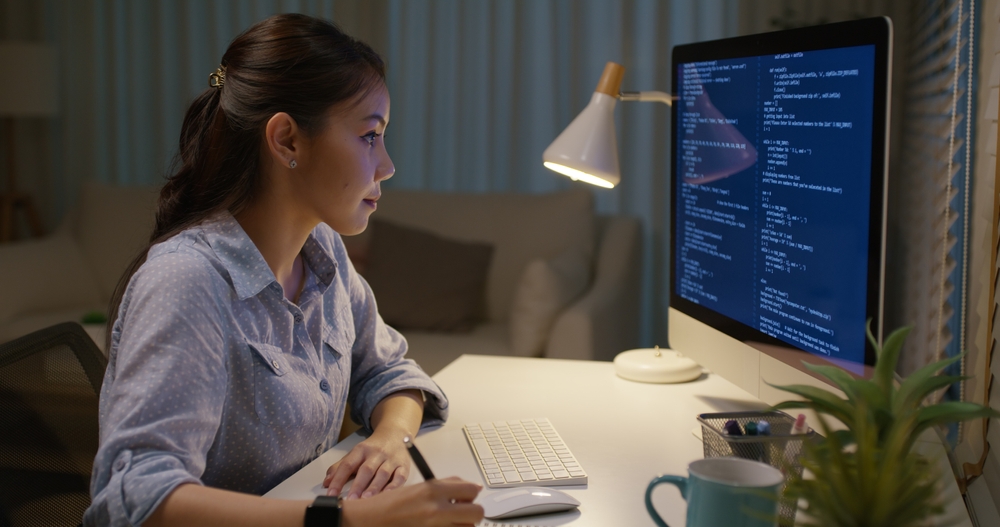
Embarking on the blockchain adventure might seem daunting at first, but trust me, it’s a path filled with discovery and excitement. Let’s break it down together.
Grasp the Basics First
Before jumping into the deep end, it’s crucial to understand the fundamental building blocks of blockchain. Concepts like blocks, chains, nodes, and miners might sound technical, but they’re the core pieces of the puzzle.
An easy way to start is by watching introductory videos or reading beginner-friendly articles. Think of it like learning the alphabet before writing sentences.
For example:
- Blocks: Imagine blocks as pages in a record book, each holding information about transactions.
- Chains: Chains link these blocks together in a sequential order, ensuring the integrity of the data.
- Nodes: Nodes are like the guardians of the blockchain, computers that keep copies of the blockchain and help verify transactions.
- Miners: Miners are participants who validate transactions and add new blocks to the chain, often rewarded with cryptocurrency for their efforts.
Understanding these concepts lays a solid foundation for your learning journey.
Get Hands-On Experience
Nothing beats real-world experience. One of the simplest ways to see blockchain in action is by setting up a cryptocurrency wallet.
Here’s how you can do it:
- Choose a reputable wallet provider like Coinbase or Blockchain.com.
- Follow the setup instructions to create your wallet.
- Try sending or receiving a small amount of cryptocurrency to understand how transactions work.
By interacting with a wallet, you’ll gain firsthand experience of how blockchain technology facilitates secure and transparent transactions.
Follow Step-by-Step Tutorials
Once you’re comfortable with the basics, it’s time to roll up your sleeves. There are countless online tutorials designed for beginners that guide you through building simple blockchain applications or smart contracts.
Build a Real-World Application
Ready for a challenge? Try creating a real-world application using blockchain technology. This could be anything from a decentralized voting system to a simple cryptocurrency.
Not only will this solidify your understanding, but you’ll also have a project you can showcase. It’s like the difference between reading a recipe and actually cooking the meal.
“Tell me and I forget, teach me and I may remember, involve me and I learn.” – Benjamin Franklin
By involving yourself in building something tangible, you’re not just learning; you’re becoming part of the blockchain revolution.
You might be thinking, “Can I really learn blockchain on my own?” The answer might surprise you, and I’m excited to show you how!
Yes, You Can Learn Blockchain on Your Own
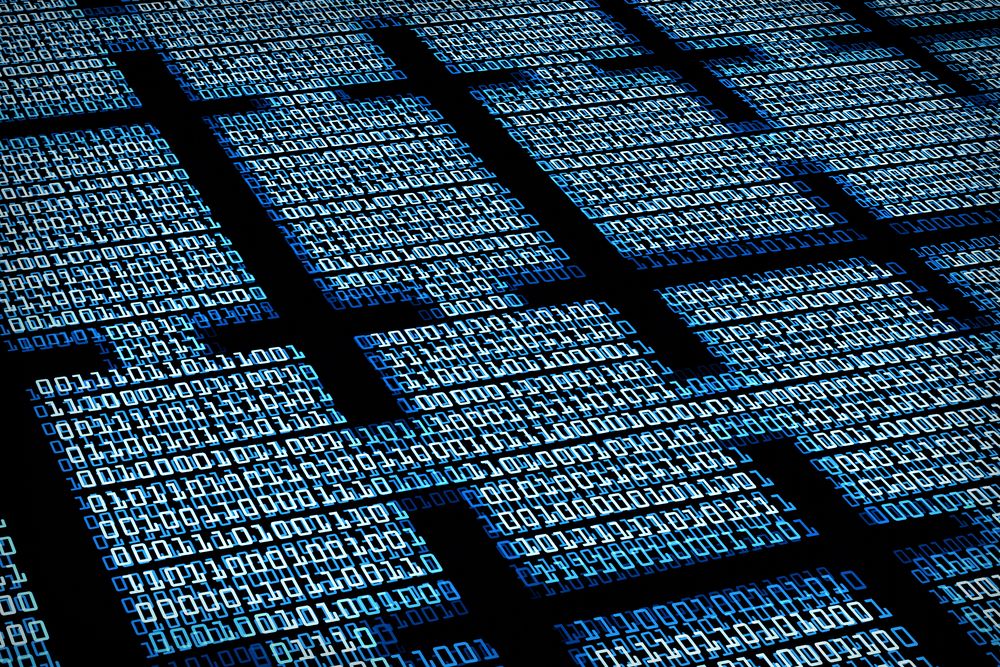
When I first stumbled upon blockchain technology, I’ll admit—it felt like stepping into a maze. But here’s the thing: you don’t need a computer science degree or years of experience to understand blockchain. If I could learn it on my own, so can you.
Utilize Free Online Resources
The internet is packed with resources that make learning blockchain accessible to everyone.
- Udemy and Coursera: These platforms offer courses ranging from beginner to advanced levels. You can learn at your own pace and even get certified.
- YouTube Tutorials: Sometimes, watching someone explain concepts in simple terms makes all the difference. Channels like Simply Explained and Ivan on Tech are great places to start.
A study by The Insight Partners highlights that the blockchain technology market is expected to reach $69.04 billion by 2027. Learning blockchain now could open doors you didn’t even know existed.
Join Blockchain Communities
You don’t have to go it alone. Engaging with others can accelerate your learning and make the process more enjoyable.
- Reddit Forums: Subreddits like r/blockchain are filled with enthusiasts and experts alike. It’s a great place to ask questions and share insights.
- Stack Exchange: Platforms like Bitcoin Stack Exchange allow you to dive deep into technical questions and get answers from seasoned professionals.
As the proverb goes, “If you want to go fast, go alone. If you want to go far, go together.” Being part of a community can provide support, motivation, and valuable knowledge.
Practice Through Projects
Putting theory into practice is the best way to solidify your understanding.
- Start Small Projects: Begin by building simple blockchain applications. This hands-on experience is invaluable.
- Contribute to Open-Source Projects: Platforms like GitHub host numerous blockchain projects that welcome contributions. It’s a fantastic way to learn and showcase your skills.
- Enhance Your Portfolio: Each project you complete not only boosts your confidence but also builds a portfolio that can open doors to future opportunities.
Remember, every expert was once a beginner who didn’t give up. Your journey is just beginning, and who knows where it might lead?
So, are you ready to take the next step and see how far you can go in the world of blockchain? You might be wondering how to break into the industry with no prior experience. Well, that’s exactly what I’ll be exploring next.
Breaking into Blockchain with No Experience
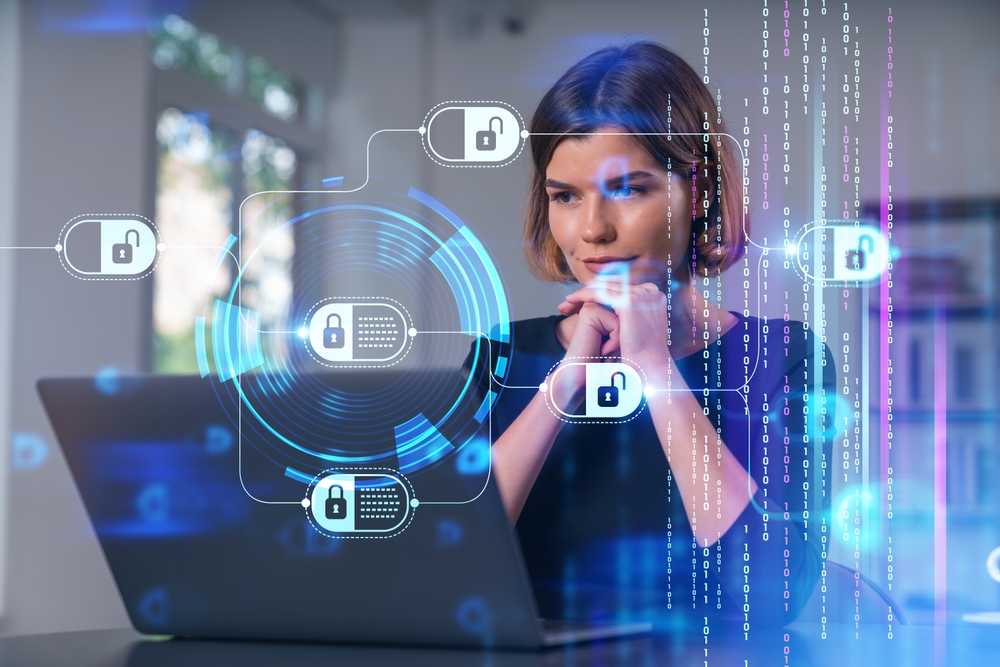
Feeling overwhelmed about starting a career in blockchain without any prior experience? I totally get it. When I first looked into the blockchain industry, it seemed like an exclusive club reserved for tech wizards. But here’s the good news: you don’t need to be an expert to get your foot in the door. In fact, many people have transitioned into blockchain from completely unrelated fields.
Start with Entry-Level Positions
One practical way to begin is by looking for entry-level positions. When I was starting out, I searched for internships and junior roles that offered training and room to grow. Companies often seek passionate individuals who are eager to learn. Positions like Blockchain Analyst Intern, Junior Developer, or even Marketing Assistant in a blockchain company can provide valuable experience. These roles allow you to contribute while expanding your knowledge on the job.
Network with Professionals
Another game-changer for me was networking. By attending meetups, webinars, and conferences, I connected with industry professionals who provided insights you just can’t find online. Platforms like Meetup.com often list local blockchain events. Online forums and LinkedIn groups are also great places to engage in discussions, ask questions, and build relationships. Sometimes, it’s not just what you know, but who you know that opens up new opportunities.
Understanding the Costs Involved
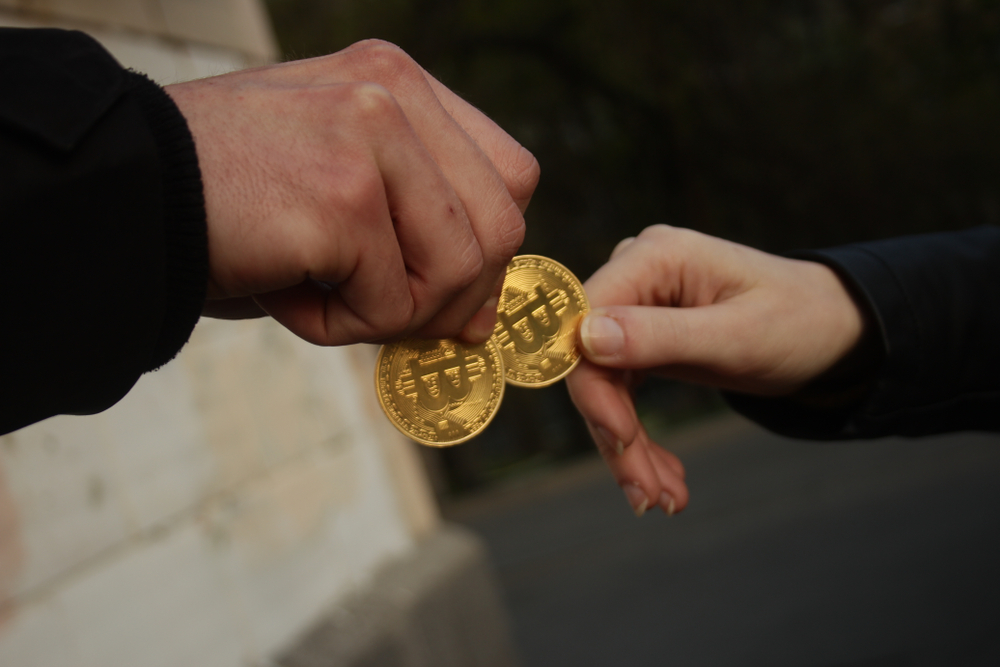
Let’s be honest, when you’re starting something new—especially something as innovative as blockchain—the question of cost is bound to pop up. How much will it set you back to learn this technology or develop your own blockchain project? The good news is that getting into blockchain doesn’t have to drain your wallet. Let’s take a look at what you can expect financially on this journey.
Learning Doesn’t Have to Be Expensive
You might think that mastering blockchain requires pricey courses or certifications, but that’s not the case. There are plenty of free or affordable resources to get you started. Websites like Coursera, Udemy, and even YouTube offer comprehensive courses that won’t cost you much—or anything at all.
For instance, when I first dipped my toes into blockchain, I found a wealth of information through free webinars and open-source materials. Many universities also provide free online courses that cover the basics of blockchain technology. So, you don’t need a hefty budget; just a good internet connection and the willingness to learn.
Investing in Development
If you’re looking to take things a step further by developing your own blockchain application or even your own blockchain, costs can vary. A simple project might only require your time and maybe some minor expenses for tools or hosting services. However, more complex projects can be more costly.
According to a report by 101 Blockchains, developing a full-scale blockchain solution can range from $5,000 to $200,000, depending on the project’s scope and complexity. Factors influencing the cost include development time, the complexity of the consensus mechanism, and the need for specialized talent.
But don’t let these numbers intimidate you. Many developers start small by building prototypes or minimal viable products (MVPs) to test their ideas without significant upfront costs. There are also platforms like Ethereum and Hyperledger Fabric that provide frameworks to build applications more affordably.
Weighing the Investment
It’s essential to think about the long-term benefits when considering any investment. Learning blockchain skills or developing a blockchain project can open up new career paths and business opportunities. According to LinkedIn’s 2020 Emerging Jobs Report, blockchain expertise is one of the most in-demand skills across industries.
So while there might be some costs involved, the potential return on investment is significant. Whether it’s advancing your career, launching a startup, or contributing to innovative projects, the skills you gain can be incredibly valuable.
Final Thoughts on Your Blockchain Adventure
Starting your blockchain journey is more than just a learning experience—it’s an adventure into the future of technology. You don’t need deep pockets to begin, just dedication and curiosity. Remember, every blockchain expert started exactly where you are now. So take that first step, explore the resources available, and let’s see where this exciting path leads you!
